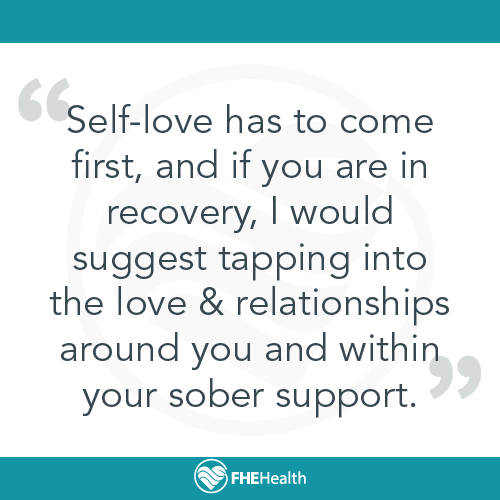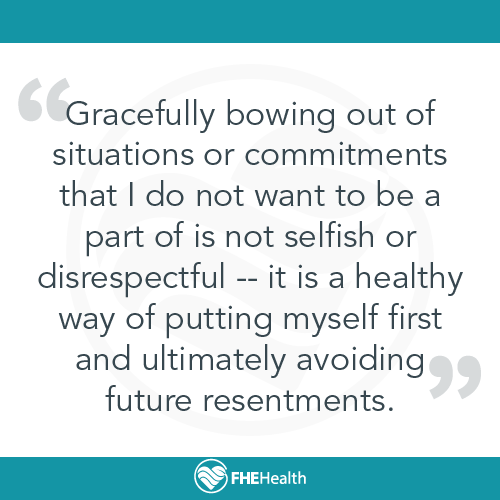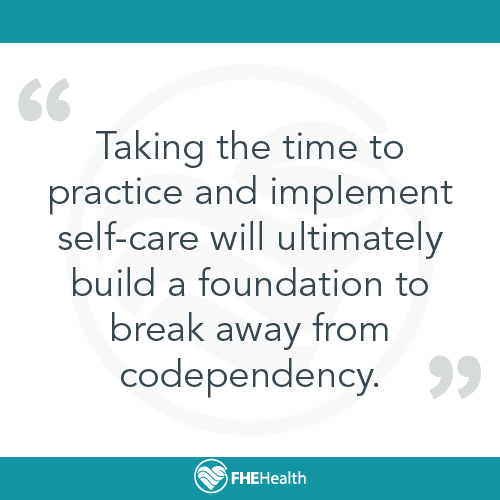
Codependency. This subject, in particular, invokes painful memories from not only my childhood but even well into my recovery. Long before I ever picked up a drink or a drug, codependency in relationships was a significant part of my story. In fact, codependent, toxic relationships were my solution – until they weren’t anymore.
There are many similarities between codependency and chemical dependency or addiction. Codependents develop unhealthy methods of dealing with emotional pain by way of engaging in relationships where each party is unable to act independently from one another.
For a very long time, I struggled to decipher between codependency and love while in relationships. I truly believed that in order to love someone, I have to put their needs before my own and make their happiness my business. I couldn’t have been further off. Love is indeed unselfish. As a mother, I do put my children’s needs before my own. However, there is also a balance of taking care of myself as well – in order to be the best mother that I can be.
This is true in our adult relationships as well. Putting the needs of others at the expense of our own health or well-being cultivates an unhealthy and potentially toxic relationship.
 What is the Root of Codependency in Relationships?
What is the Root of Codependency in Relationships? How Do You Tell If You Are Codependent?
How Do You Tell If You Are Codependent? How Can You Break the Chains of Codependency?
How Can You Break the Chains of Codependency?





